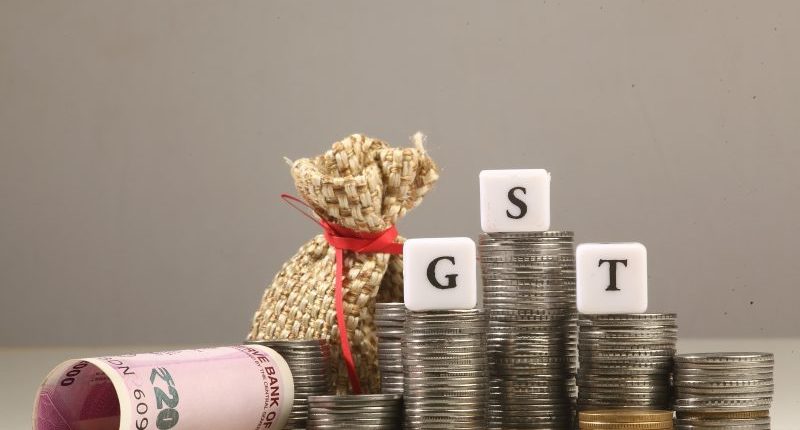Businesses are slowly getting started as India steps into the unlock 1.0. June is going to be one of the busiest months of 2020 as far as the GST compliance is concerned. The count of GST filings for a taxpayer may range between 7 and 25 depending upon the category. Hence, it may become difficult to comply within a short period as the filings also include for previous months.
Several businesses noticed that their facility to generate e-way bills had been blocked since the last few weeks of May 2020. The GST rules prescribe to block the e-way bills on the failure to file GSTR-3B for two successive months.
Many taxpayers may still have not filed their GSTR-3B from February 2020 due to the 50+ days of complete lockdown and the conditional late fee waiver till June 2020. The last due date that passed was 20th/22nd/24th May 2020 for GSTR-3B of April 2020. With this, two consecutive months have gone by since the conditional late fee waiver.
Technically, the due dates have never been extended although the late fee is relaxed. But the rule to block e-way bill facility for non-filing of GSTR-3B is dependent upon the original due date itself. The inconsistency between the rule and the CBIC conditional late fee waiver has left businesses to suffer hindrances in the distribution of goods and delay in the delivery of consignments.
So far, the GSTN has been proactively resolving this issue on a case-to-case basis by restoring the facility to such taxpayers who raised tickets or complaints. The GST law also requires the filing of a separate form to restore the facility. Yet, there is no statutory change to suspend this rule during these difficult times. The CBIC must intervene at the earliest to notify a suitable amendment to the e-way bill rule.
The government had implemented the e-way bill rule 138E from December 2019 to block e-way bills for non-compliant businesses. Where such companies fail to file GSTR-3B for two consecutive months, the e-way bill generation gets blocked. The same rule applied to a composition dealer on his failure to submit form CMP-08 for two straight quarters.
Also Read: GSTR-3B Late Fee Waiver will be discussed in the Next Council Meeting
In turn, it would affect the transportation of goods and hamper a smooth flow of business. In a way, the rule keeps a proper check on irregular compliance by the taxpayers supplying products. It ultimately secures the input tax credit for the recipients of goods.
On the other hand, due to COVID-19 pandemic, the CBIC had notified a conditional late fee waiver in March 2020. The taxpayers can file their GSTR-3B from February to April 2020 by the specific dates of June and July. In other words, the due dates of monthly GSTR-3B remain 20th/22nd/24th of the month succeeding the relevant months, depending upon the turnover and the registered state/UT.
However, businesses may file these returns before the specified date in June-July without paying a late fee. Interest application will depend upon the limit of annual turnover in the previous year.
If a taxpayer recorded a turnover below Rs 5 crore, then interest will not apply if the return is filed before the dates specified in June and July. The rest of the taxpayers were given an option to pay their monthly GST dues within fifteen days from the original due dates without any interest. If not, interest at 9% per annum shall be charged for delayed payments up to the dates specified in June-July. Any further delay attracts an interest of 18% per annum from the original due dates.
Few businesses have already begun filing their GST returns for February and March 2020. About 25.4 million e-way bills have been generated in May 2020 compared to 8.6 million in April 2020. It shows that businesses are ready to make a comeback but will need a few more weeks before showing positive results.
For any clarifications/feedback on the topic, please contact the writer at annapoorna.m@cleartax.in
Annapoorna, popularly known as Anna, is an aspiring Chartered Accountant with a flair for GST. She spends most of her day Singing hymns to the tune of jee-es-tee! Well, not most of her day, just now and then.





